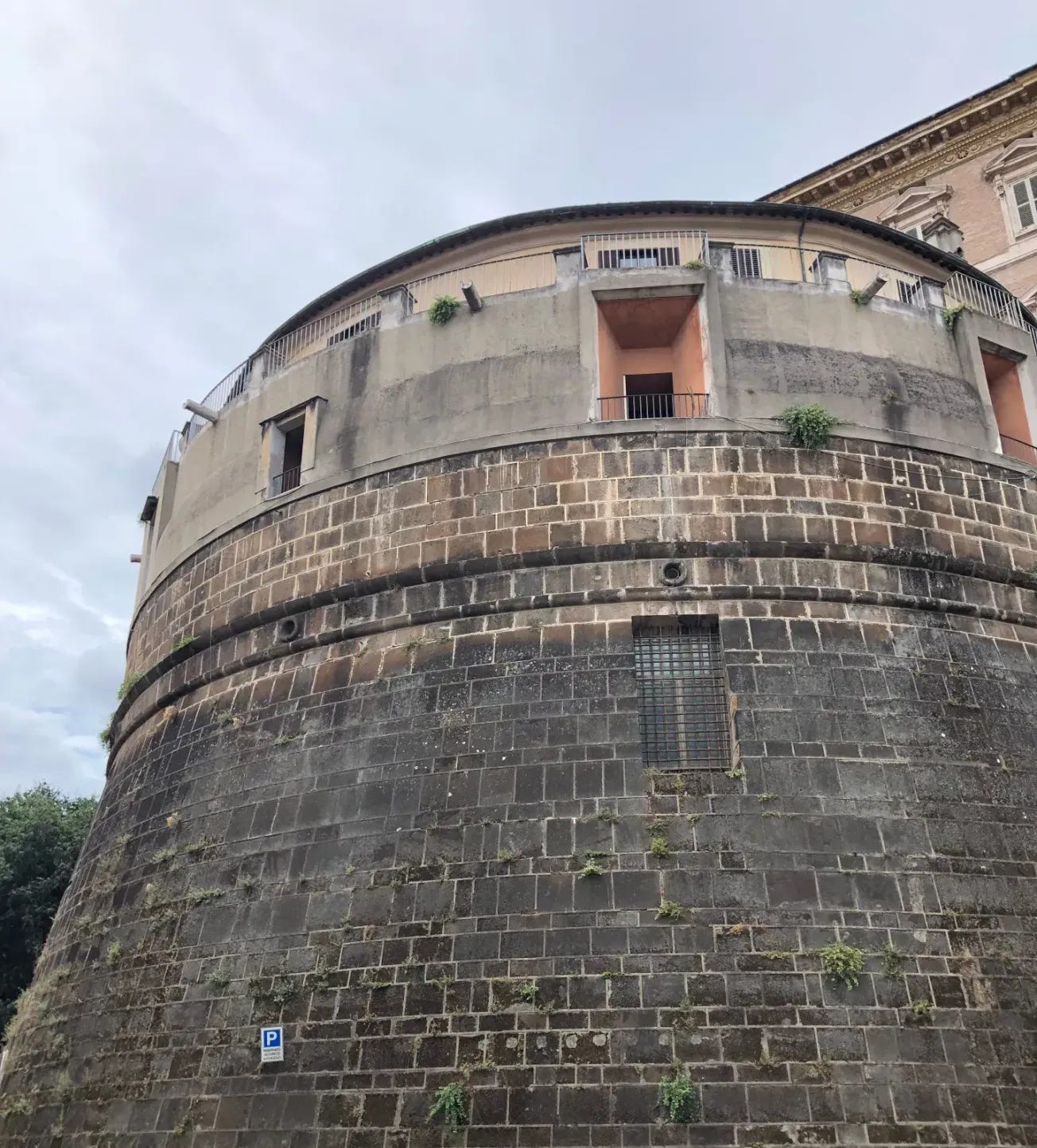
Pope Francis confirmed new statues Monday for the Institute for Works of Religion, the Vatican’s bank.
The new regulations largely cement previous provisional reforms undertaken two years ago, reinforcing the trend of Francis doubling down on his plans to overhaul financial institutions.
“I wish to further renew the statutes of the Institute for Works of Religion to make it consistent with the most modern organizational needs,” Francis wrote, “as well as with the operational needs that arise on a daily basis.”
In practice, the new statutes mark few significant changes from those brought in by the pope in 2019, in the immediate wake of the breaking of the London property scandal, in which senior leaders at the Secretariat of State pressured the bank to approve a loan request of 150 million euros to refinance a mortgage on a property acquired in the secretariat’s separation from an investment manager.
It was the bank’s senior leaders who pushed back on the deal, and who brought the matter to Pope Francis’ attention, triggering a criminal investigation in the Vatican, leading to the still-ongoing trial of ten former Vatican officials and advisors.
The new statutes enshrine a degree of operational and functional independence for the IOR, keeping its hiring and salary decisions in-house and separate from the oversight of external bodies in the Holy See.
That kind of insulation from wider curial affairs will likely be seen by many in the bank as crucial to preserving its credibility, both in the face of ongoing Vatican financial scandals and with international watchdogs.
The IOR is the only Vatican financial institution currently subject to external oversight by Moneyval, the Council of Europe’s anti-money laundering agency. The group last issued a report on the financial health of the Vatican and the IOR in June of 2021, following a lengthy onsite inspection the previous October.
That report concluded that, after years of internal policy reform and a change in leadership, the risk of money laundering at the IOR was “medium-low.” But the same report also warned about the general culture among curial officials, which it concluded carried a real risk of “fraud, misappropriation, giving and receiving bribes, and abuse of office.”
Those same crimes now feature on the charge sheets facing the defendants in the Vatican financial trial.
Missing from the new statutes issued by the pope on Monday was any mention of how the IOR relates to the Vatican’s own internal financial watchdog, the Financial Information and Supervisory Authority (ASIF).
While the relationship between the two institutions remains operative under other Vatican law as well as international agreements, the omission of any mention could prove telling in the long run, and might signal future reforms for the ASIF.
Technically, the IOR is the only Vatican institution under the ASIF’s oversight, though it is itself at the center of the current financial scandal and trial.
📰
ASIF’s former president, René Brülhart and his former deputy, Tomasso Di Ruzza, are both charged with abuse of office.
Prosecutors charge that the men “overlooked the anomalies of the London transaction – of which it had immediately been informed – especially considering the wealth of information acquired as a result of intelligence activity.”
The Pillar separately broke the news that during his tenure as head of the ASIF, Brülhart had a lucrative second contact as an investment advisor with the Secretariat of State — effectively doubling his Vatican income but presenting a potential conflict of interest between his two roles.
In hearings last month, the IOR’s president, Jean-Baptiste De Franssu, told the Vatican court that he said he and the members of the IOR’s lay board of superintendence had their competence called into question, and were accused of being “unreasonable” for opposing the London deal loan request.
De Franssu also told the judges that the ASIF leaders told him he was being “obstinate” and said he would be “protected” if he authorized the deal.
The court previously heard how Archbishop Edgar Peña Parra, sostituto at the Secretariat of State was so “outraged” by the IOR’s rejection of the loan application that he authorized a retaliatory investigation into the bank’s director general, Gianfranco Mammì, in response.
Many within the Vatican credit the relative health of the IOR compared to other Vatican financial institutions to De Franssu and Mammi’s leadership, as well as a healthy membership of external lay members on the bank’s board of superintendence. Preserving the bank’s culture of transparency and regulatory probity will likely prove the next big phase of its ongoing reform.
Key among Francis’ changes to the bank, first made in 2019 and confirmed Monday, is the institution of five year term limits — renewable only once — for members of the bank’s lay board of superintendence and commission of cardinal supervisors.
De Franssu assumed his current role in 2014, meaning next year will see the end of his second five year term, and paving the way for a turnover at the head of the bank.




